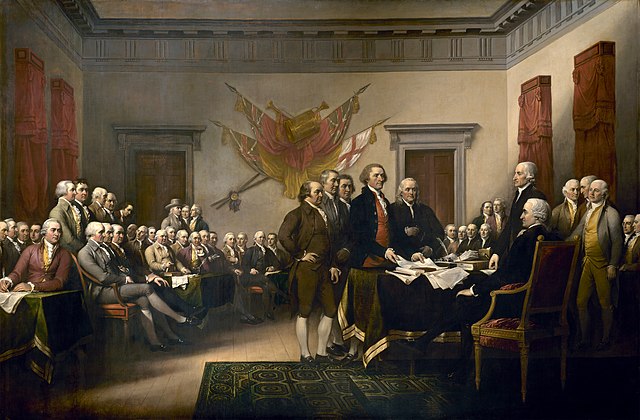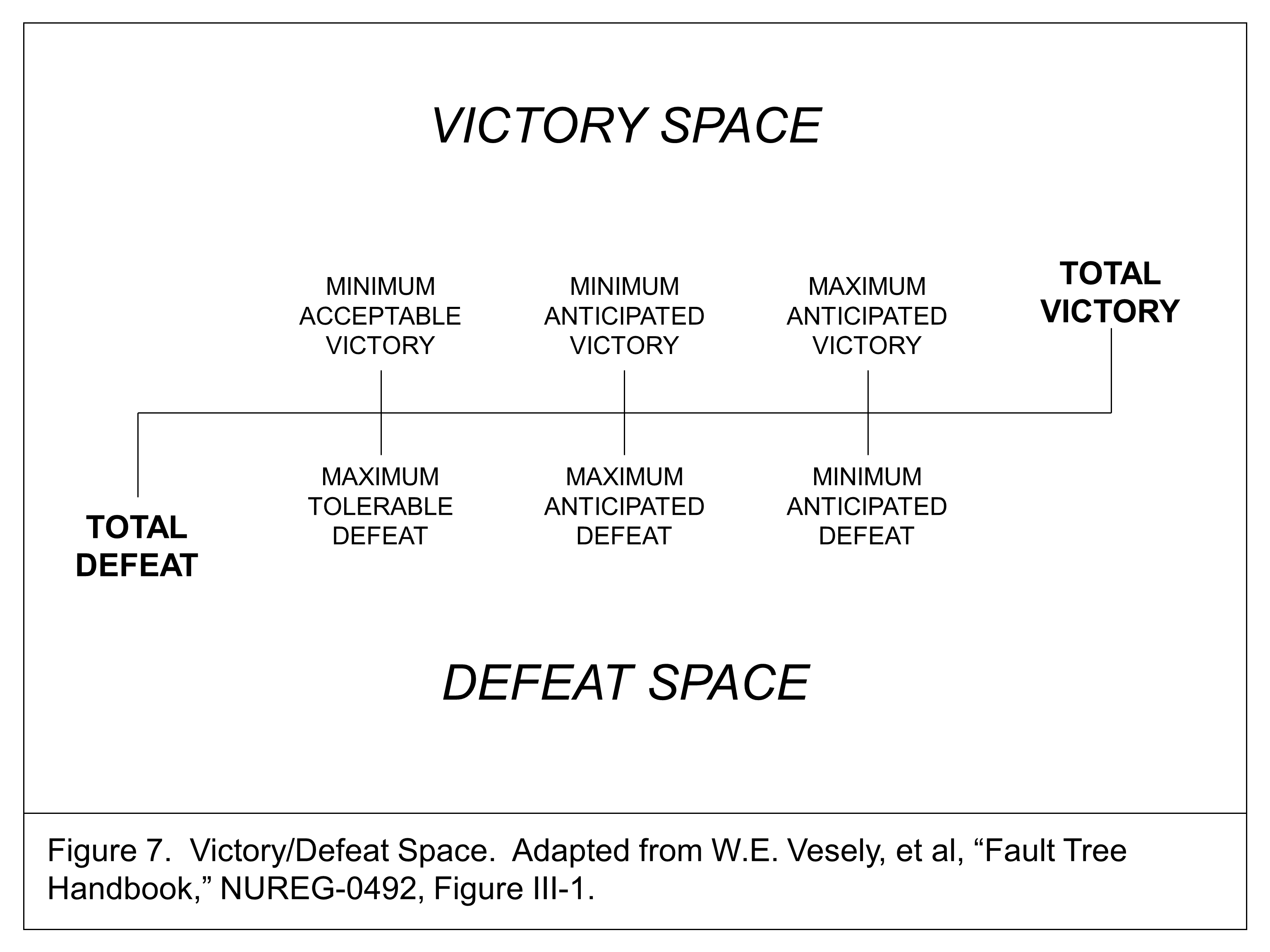Many years ago, I learned to regard Scripture “literally” in a very specific sense: not in the sense that each word must be understood in a literal sense, but that the Bible contains very different types of literature and that it’s often best to treat each type separately. History as history, poetry as poetry, philosophy as philosophy, and so forth.
For some years now, I’ve come to understand more parts of Scripture as metaphor. I won’t go so far as to say I’m right in each case, but thinking of some parts as metaphorical helps me understand it a little better.

(The Garden of Eden, by Thomas Cole, 1828. Public domain.)
For instance, what can the story of the Fall tell us if it is more metaphorical than historical? I’ve begun thinking of it as representative of our human journey through life.
Here’s what I mean by that:
The Garden represents the innocence into which we are born. It represents our earliest breaths, our pure potentiality, and even our exploration of the wonders of the world. It is that state in our lives, before we have grown jaded and corrupted, when we don’t understand the pain we experience, in which we are closest to the God who made us. We walk in the cool shade, naked and unashamed.
Then we encounter the Tree.
The Tree, of course, represents knowledge — it is the tree of the knowledge of good and evil, after all — and possibly wisdom. It is larger than we are, and we can rest in its shade or climb its heights; though, if we climb, we run the risk of falling. And its fruit is not one fruit only, but many: often sweet, but sometimes unfortunately bitter — and even, perhaps, poisonous. As we eat of it, we grow out of the innocence of youth into adulthood (and hopefully into knowledge), but do we grow into wisdom? If we’re lucky, if we’re careful, perhaps, though we may only do so by climbing and falling and climbing again, over and over, despite the injuries we sustain.
Finally, we face the Fall — expulsion from not only the vicinity of the Tree but from the Garden entire. In this metaphor, the Fall represents death. No matter how much knowledge we attain or wisdom we develop, we are condemned to the grave.
But just as being expelled from the Garden opened up a wider world for humanity to explore, we may hope that death opens up new vistas, broader universes, and deeper knowledge of God and all of reality.
___
For other musings and oddball ideas, see
– A Church More Like Christ
– My other recent release, Elements of War
– My Amazon Page or my Bandcamp Page, or subscribe to my newsletter















